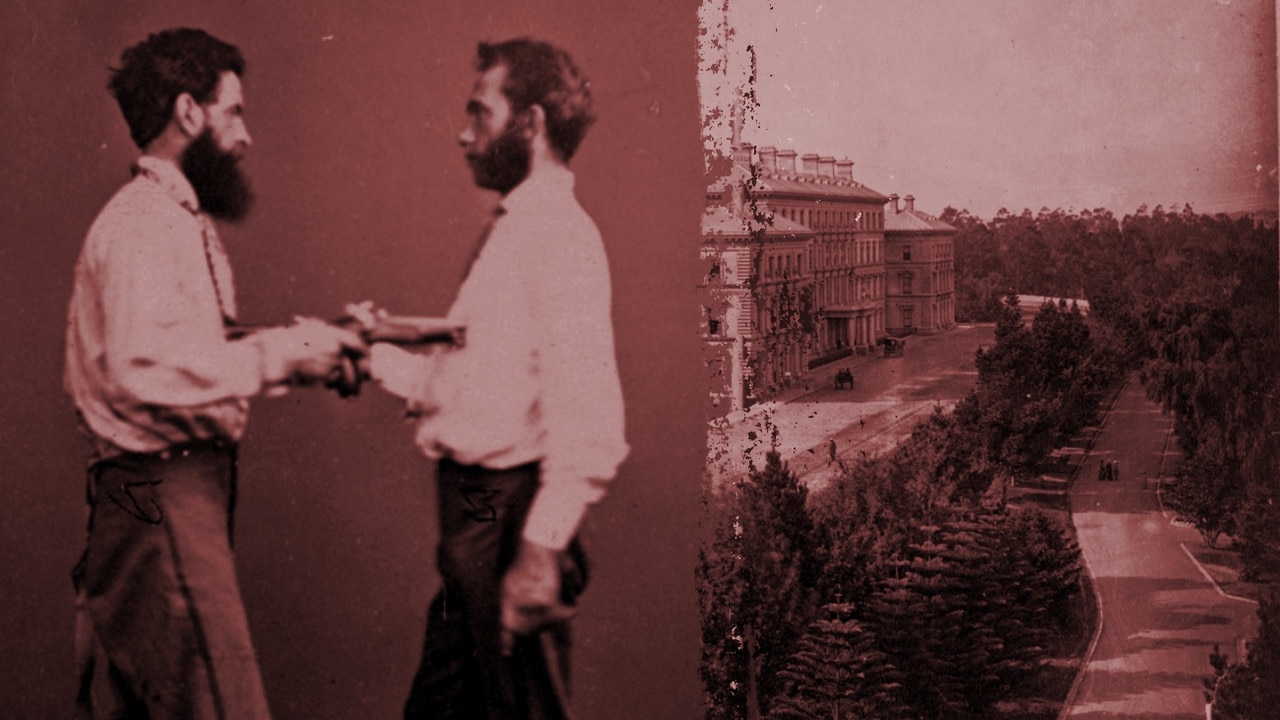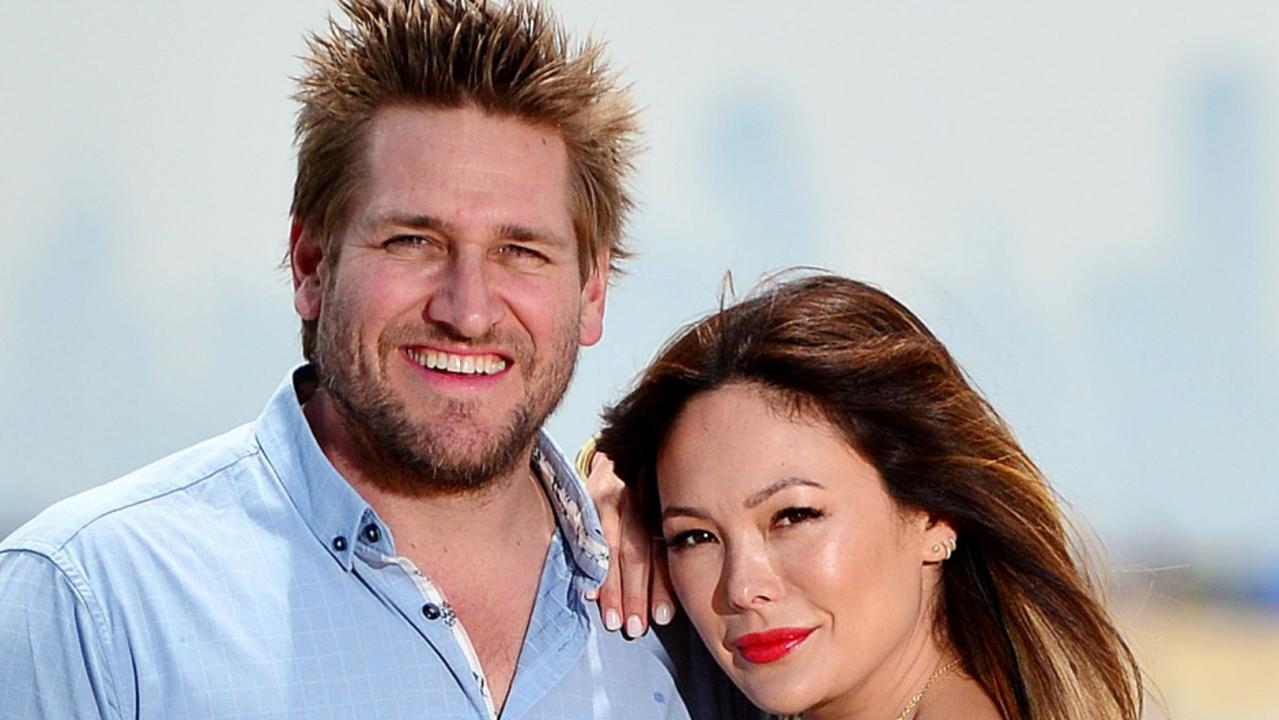What footy and Australian life were like when Richmond last won a flag
WE listened to 3XY, petrol cost less than 24c and you had to kick 112 goals to snare the Coleman Medal. Here’s what life and footy was like the last time Richmond won a premiership.
Melbourne
Don't miss out on the headlines from Melbourne . Followed categories will be added to My News.
A LOT of water has gone under the bridge since the Tigers raised the premiership cup on the last Saturday in September 1980.
As they march towards what Tigers fans hope will be another grand final win, take a look at what Melbourne, Australia, and footy was like all those years ago.
How we played the game
At the end of the 1970s, Richmond was still one of the power sides of the VFL.
Sure, the Tigers hadn’t won a grand final since the team went back-to-back in 1973 and 1974, but the blokes from Punt Road were still there and abouts and, by 1980, the team was once again on the verge of greatness.
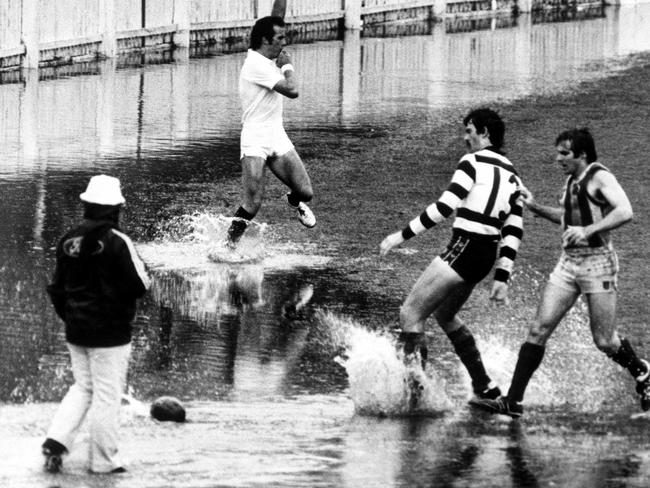
The side’s 1980 VFL Grand Final victor y was its 10th VFL flag and, to date, it’s last.
Richmond defeated Collingwood 23.21 (159) to 9.24. (78) before a crowd of 113,461 at the MCG.
The 81-point victory was then a VFL records and the Norm Smith Medallist was Kevin Bartlett.
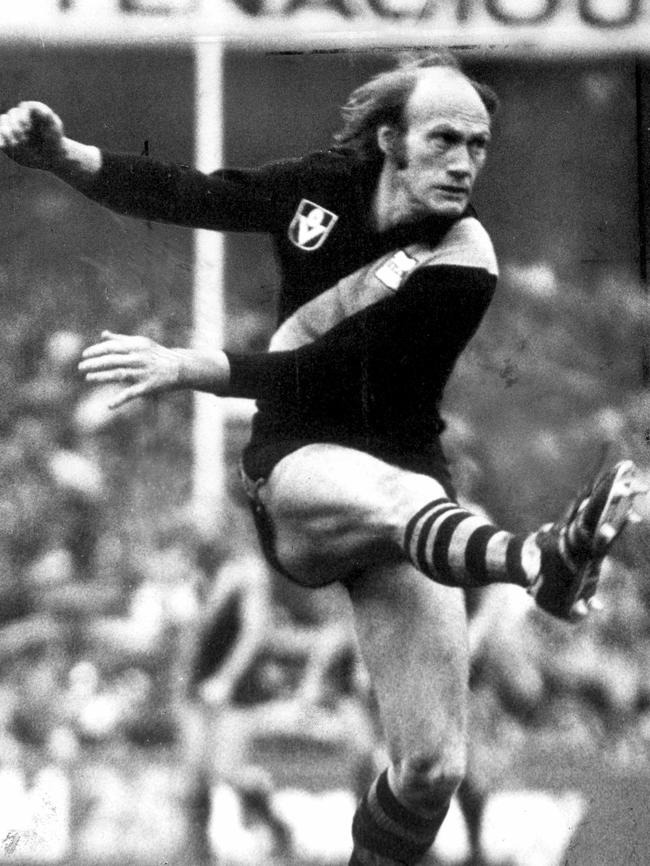
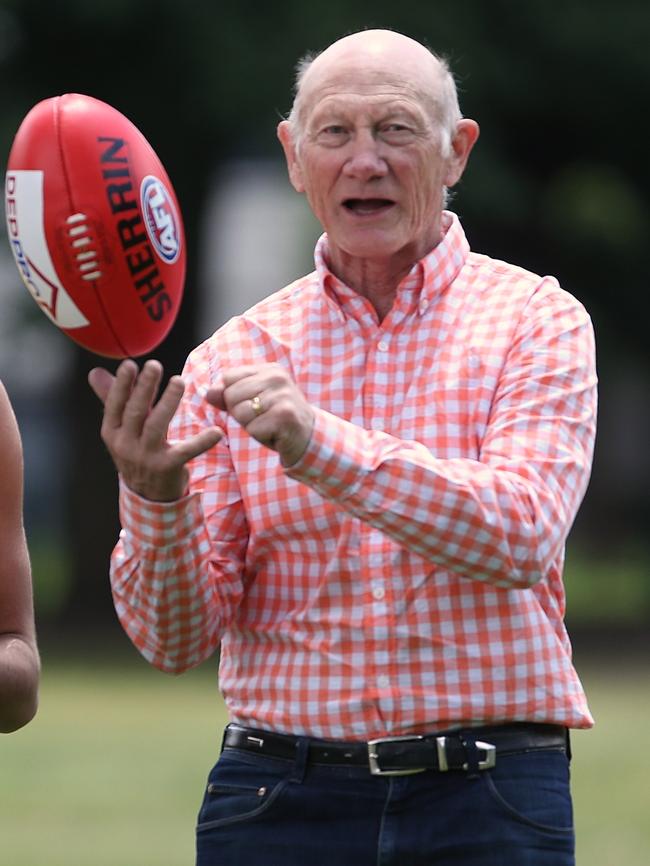
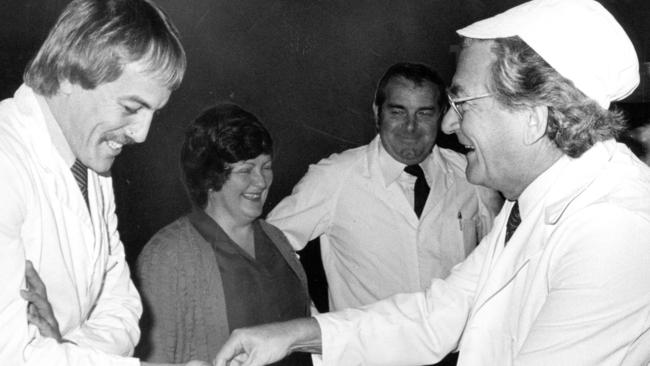
The 1980 VFL Season kicked off with North Melbourne defeating Collingwood in the final of the Escort Cup pre-season competition 8.9 (57) to 7.12 (54) at VFL Park.
Geelong won the minor premiership ahead of Carlton, Richmond, North Melbourne and Collingwood in the final five.
Fitzroy won the wooden spoon with just three wins and a draw (with Collingwood in round 8) for the year.
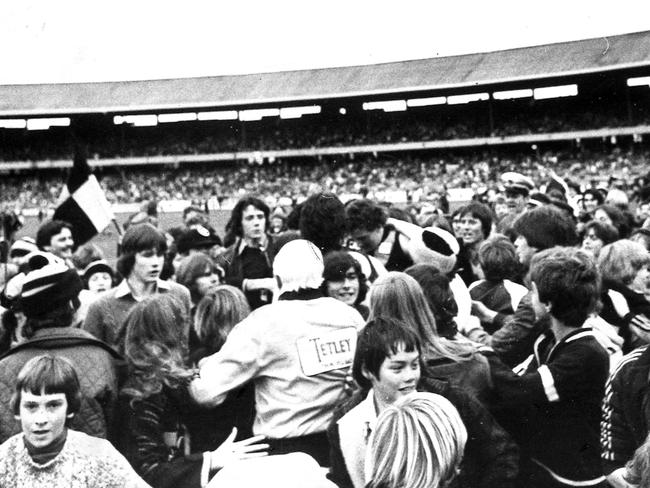
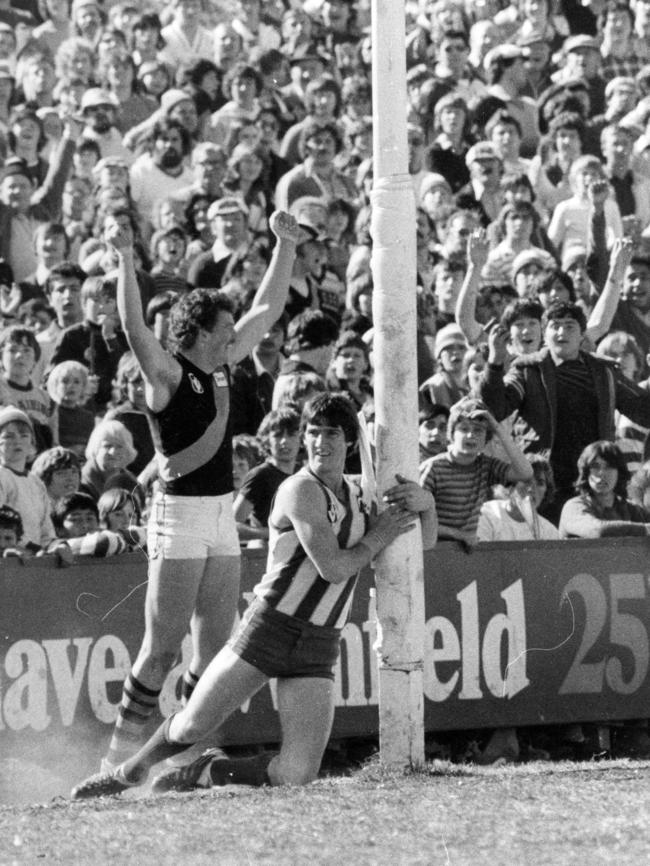
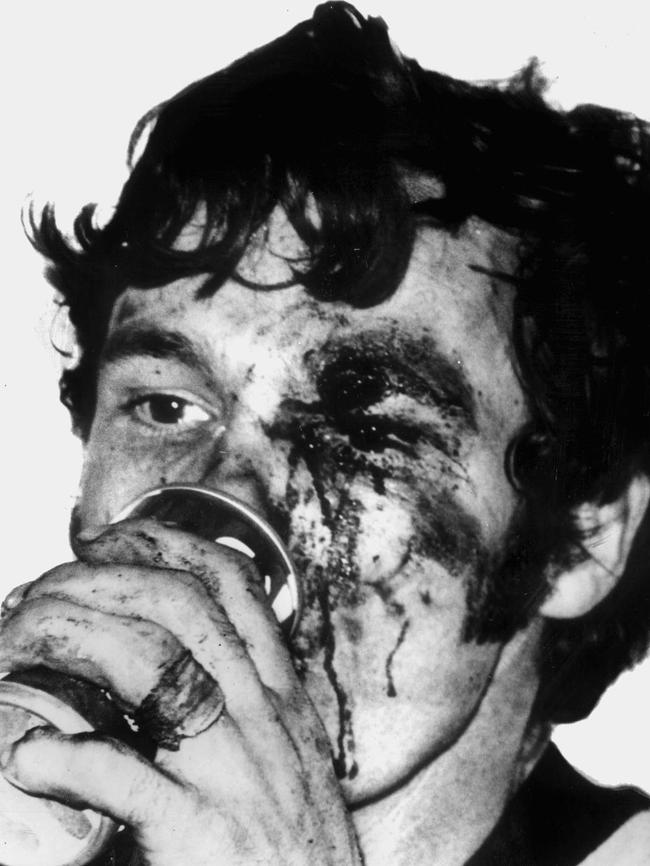
Richmond’s Michael Roach won the Coleman medal with 112 goals for the home and away season.
Footscray’s Kelvin Templeton won the 1980 Brownlow Medal.
In changes to the game that season, the dividing line through the centre circle was introduced in 1980 in a bid to stop ruckmen wrestling.
With the line in place dividing the centre circle in half, ruckmen were forced to run at each other.
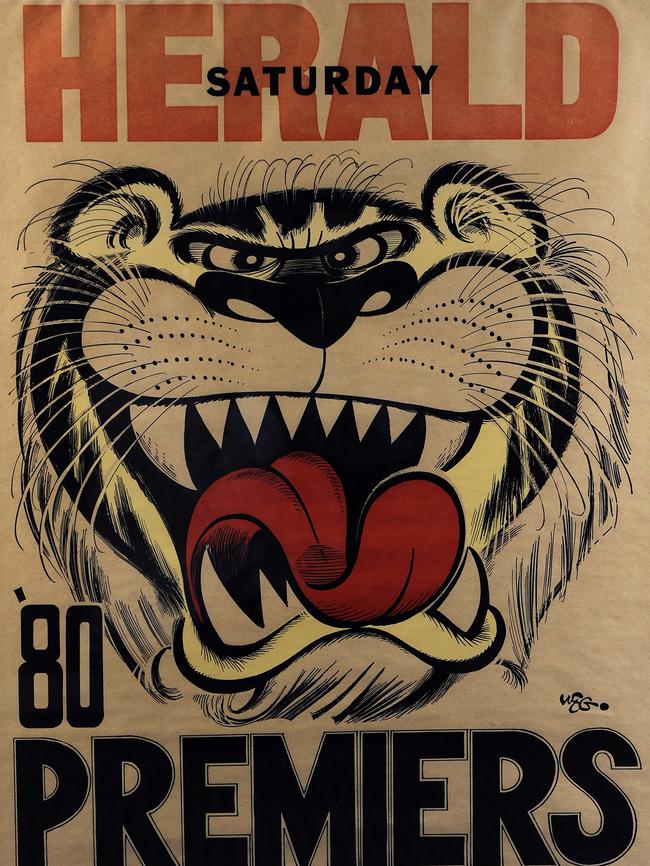
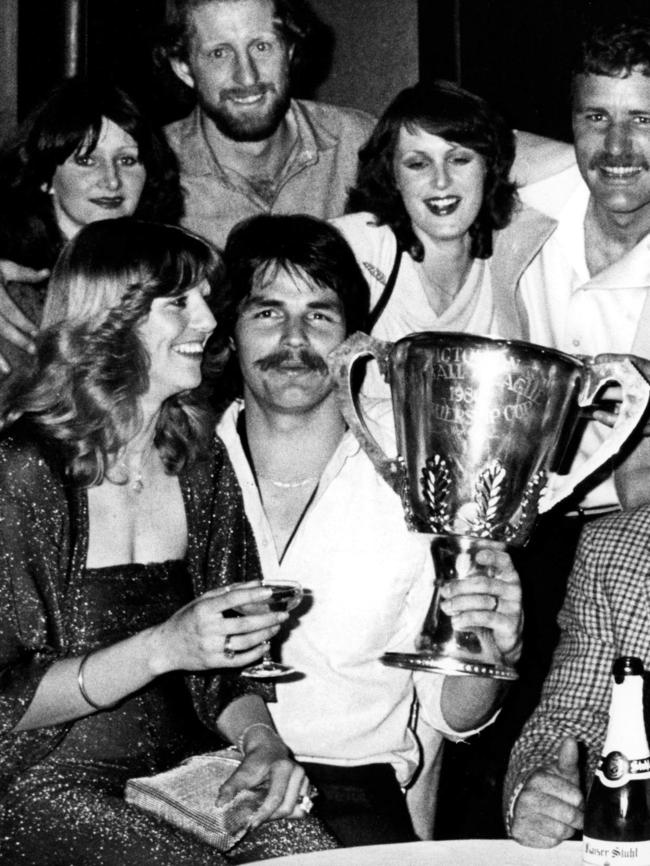
The Way We Were
The Prime Minister was Malcolm Fraser, and Victoria’s Premier was Rupert “Dick” Hamer.
Melbourne was home to 2,765,000 people, and the population of Victoria was 3,914,000.
Australia’s number one song for the year 1980 was I Got You, Split Enz.
Melbourne’s number one radio station was 3XY, but on July 11 that year EON-FM became Australia’s first commercial FM radio station.
New TV shows to hit our screens in 1980 were Kingswood Country (Seven), Sale of the Century (Nine), the ill-fated soap Arcade (Ten), The Dukes of Hazzard (Nine), Minder (ABC).
And TV shows that bit the dust that year included Arcade (it lasted less than two months), Doctor Down Under (a spin-off of the UK comedy Doctor in the House, Seven), Ask the Leyland Brothers (Nine), This is Your Life (Seven), Young Ramsay (Seven).
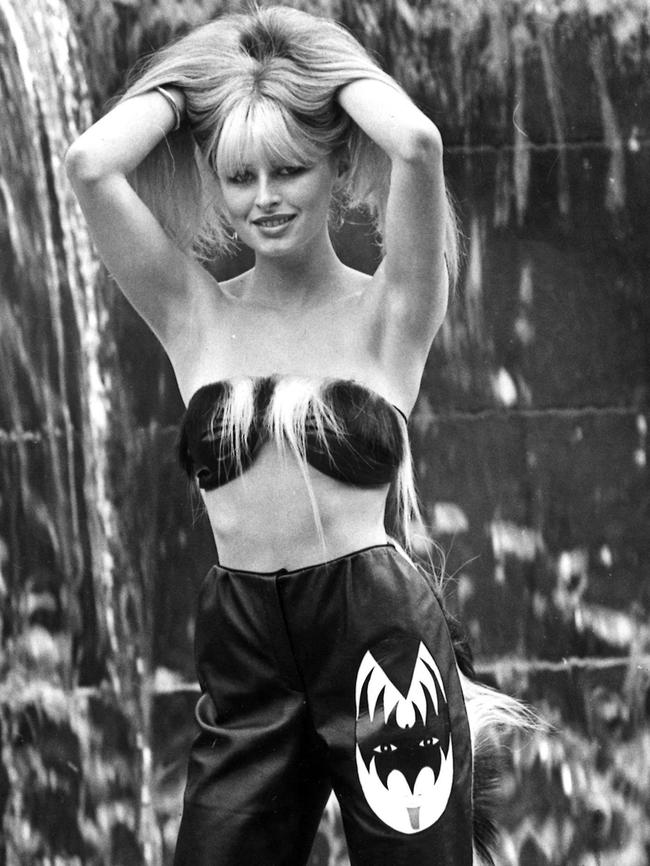
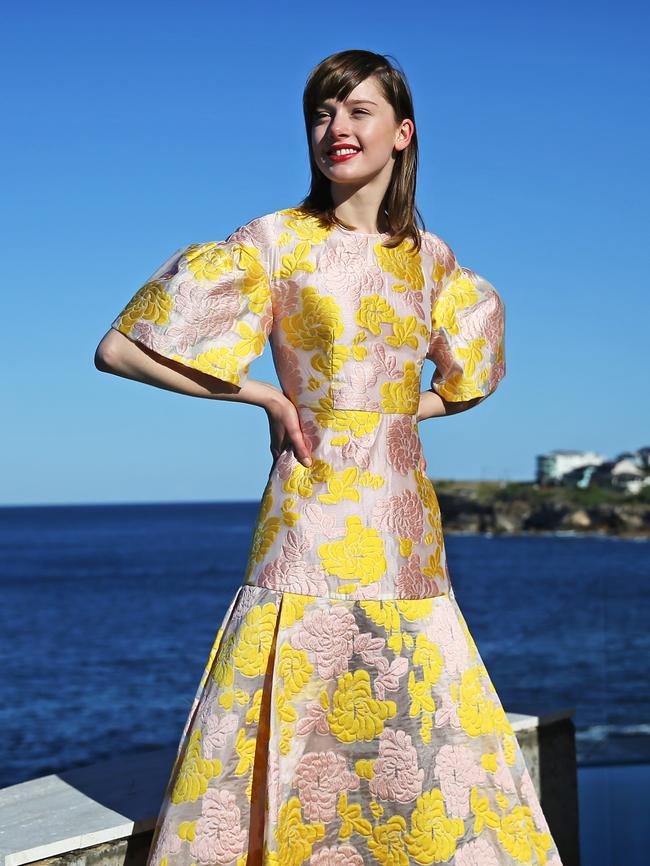
One of the top Australian films of the year was Breaker Morant, which won 10 AFI awards and was nominated for an Academy Award for best adapted screenplay and the Palme d’Or for best film at the Cannes Film Festival.
Jack Thompson also won the award for best supporting actor at Cannes for his role in the film.
But the film that would appeal most to footy lovers that year was The Club.
Based on a David Williamson play, The Club examines life inside the Collingwood Football Club and featured cameos from Magpies stars including Rene Kink.
Even in 1980, Melbourne was well known for its fine dining culture and Clichy, owned by Iain Hewitson and Sigmund Jorgensen, was one of the best.
The French-style restaurant emphasised using local produce and Victorian wines.
Australia’s top-selling car was what else? The Holden Commodore VC.
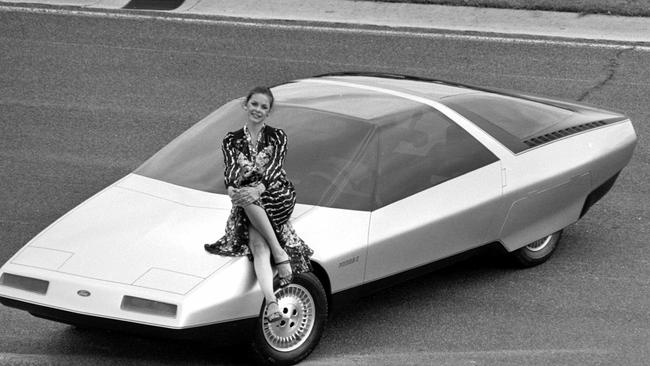
By the numbers
Price of a litre of milk — 63c
Price of a loaf of bread — 54c
Price of a litre of petrol — 23.7c
Median house price in Melbourne — $39,500
Average (male) wage, Victoria, September 1980 — $270.20
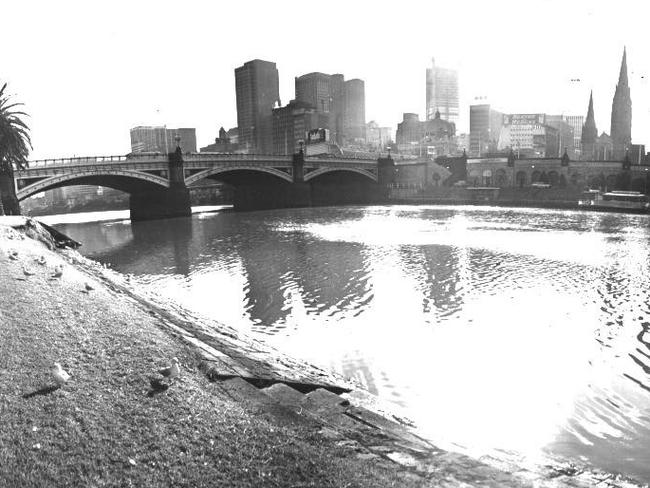
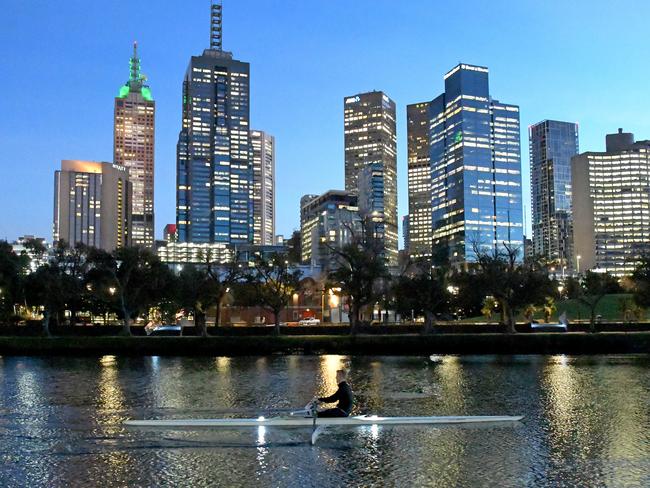
The Headlines of 1980
January 9 — Prime Minister Malcolm Fraser announces sanctions against the Soviet Union over its invasion of Afghanistan, an event that threatens to overshadow the 1980 Olympic Games in Moscow.
January 20 — Channel 0, which first hit Melbourne screens in 1964, disappears as the 0/10 Network becomes Network Ten, and ATV-0 switches to Channel Ten on the dial.
April 26 — in one of Victoria’s most enduring missing person’s cases, 43-year-old Louise Faulkner and her daughter Charmian, 2, disappear from St Kilda and were last seen getting into a utility with an older man.
April 30 — Mitsubishi Motors of Japan formerly takes over Adelaide-based Chrysler Australia Limited.
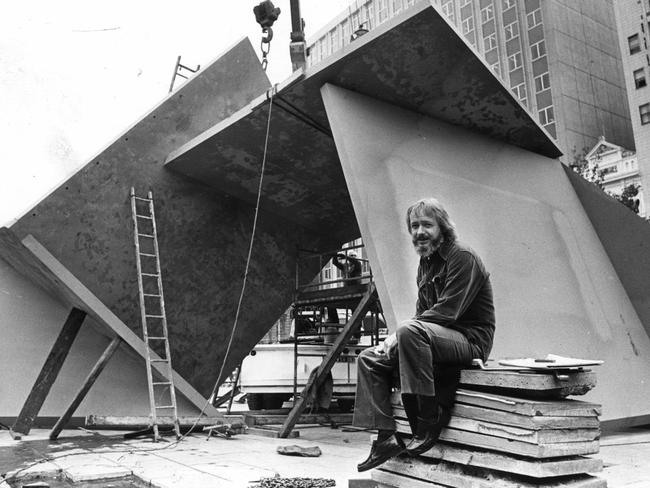
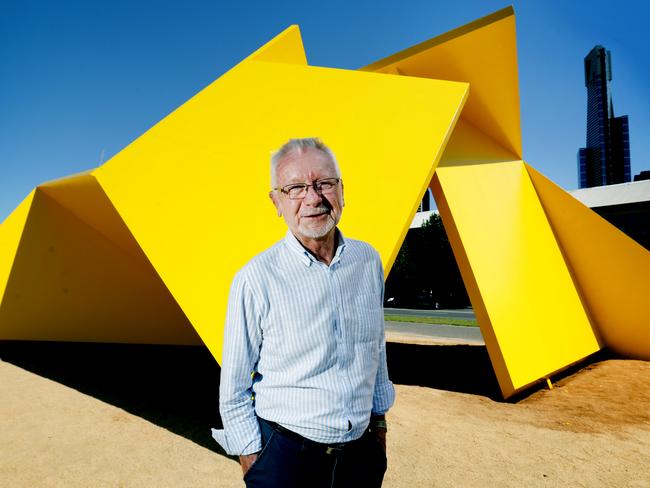
May 24 — The Australian Olympic Federation votes 6-5 in favour of sending a team to Moscow following a meeting at Melbourne’s Sheraton Hotel, ignoring a US-led boycott of the event and raising criticism from Malcolm Fraser. Australia’s athletes were to compete under the Olympic flag, but athletes were encouraged by the government not to attend.
June 23 — Candice Reed, Australia’s first IVF baby, is born in Melbourne.
July 5 — Evonne Goolagong-Cawley wins her second Wimbledon title, defeating American Chris Evert-Lloyd 6-1, 7-6. She was the first mother to win the title.
July 19 — The Moscow Olympic Games begins, televised back to Australia on the Seven Network, with 120 Australian athletes competing. Athlete Denise Boyd and swimmer Max Metzker are our first dual flag bearers, but they carry the Olympic flag into the opening ceremony.
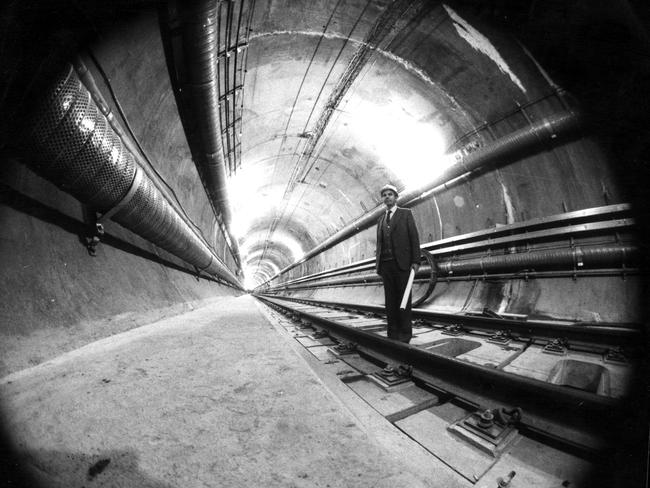
August 3 — The Moscow Olympic Games ends. Australia finished with two gold, two silver and five bronze medals, with golds won in the pool by Michelle Ford (women’s 800m freestyle) and to the Quietly Confident Quartet of Neil Brooks, Mark Kenny, Peter Evans and Mark Tonelli for the men’s 4x100m relay.
August 17 — Baby Azaria Chamberlain disappears from her parents’ campsite at Uluru.
September 30 — Bob Hawke resigns as ACTU President to stand for the ALP in the seat of Wills, in Melbourne’s north, at the forthcoming federal election.
October 1 — The Costigan Royal Commission into the Painters and Dockers Union begins.
October 5 — Australian Alan Jones wins the Formula One World Drivers’ Championship, the second Australian (after Jack Brabham) to do so.
October 18 — The federal coalition government led by Malcolm Fraser is returned for a third successive term, but with a substantially reduced majority.
October 24 — Australians get a new TV network as the Special Broadcasting Service debuts on Channel 0 and UHF channel 28.
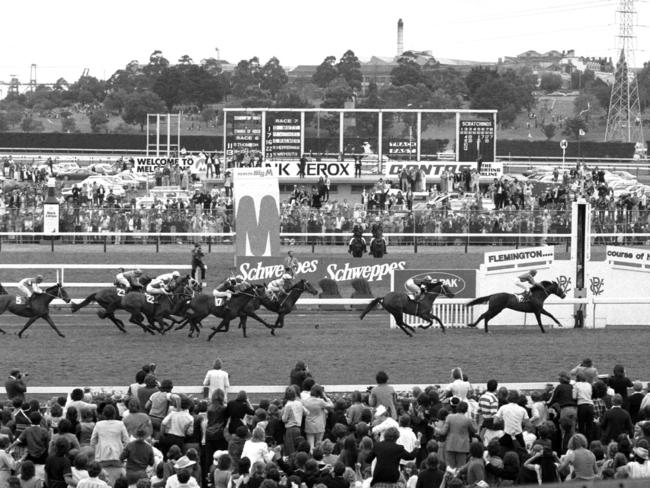
November 4 — Belldale Ball wins the 1980 Melbourne Cup, and Ronald Reagan defeats Jimmy Carter to become the United States’
December 4 — the first test train runs through Melbourne’s new City Loop underground rail system more than nine years after construction began. The Loop opened progressively from January 1981.
December 23 — Victoria decriminalises homosexual activity between consenting adults.

